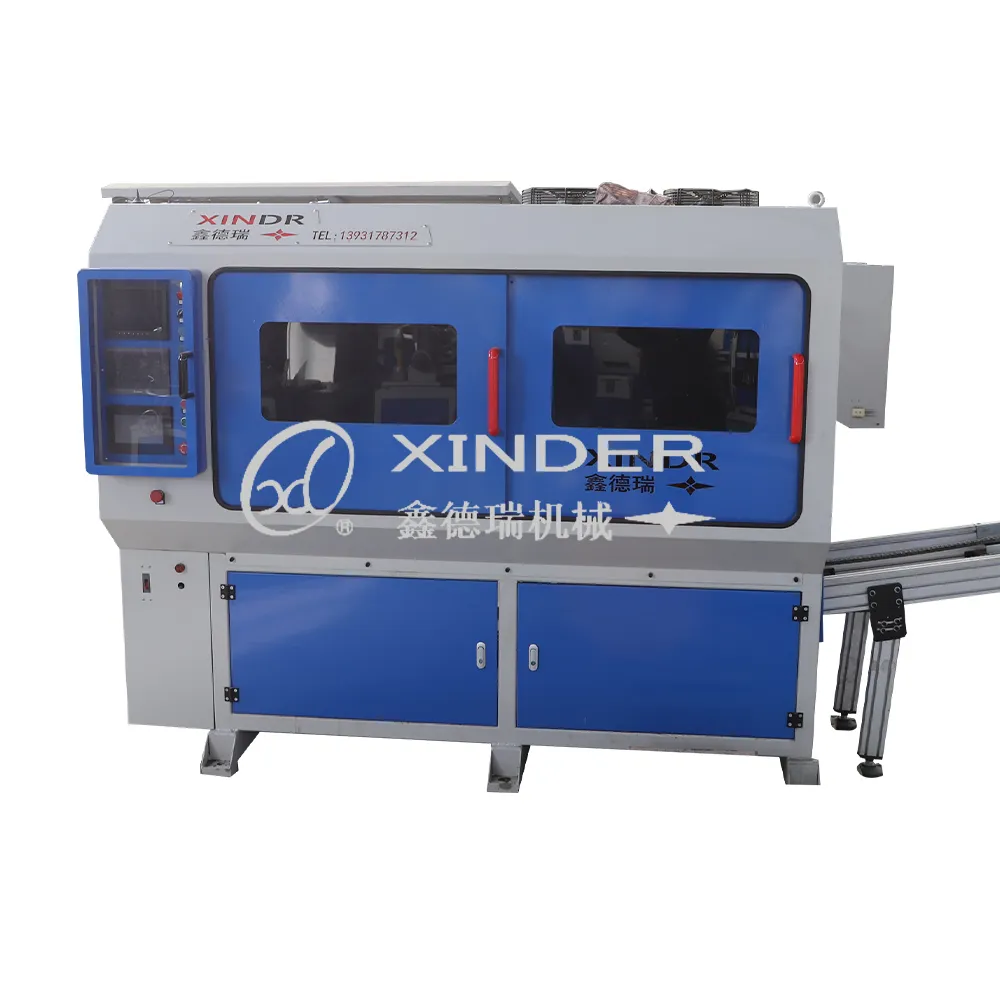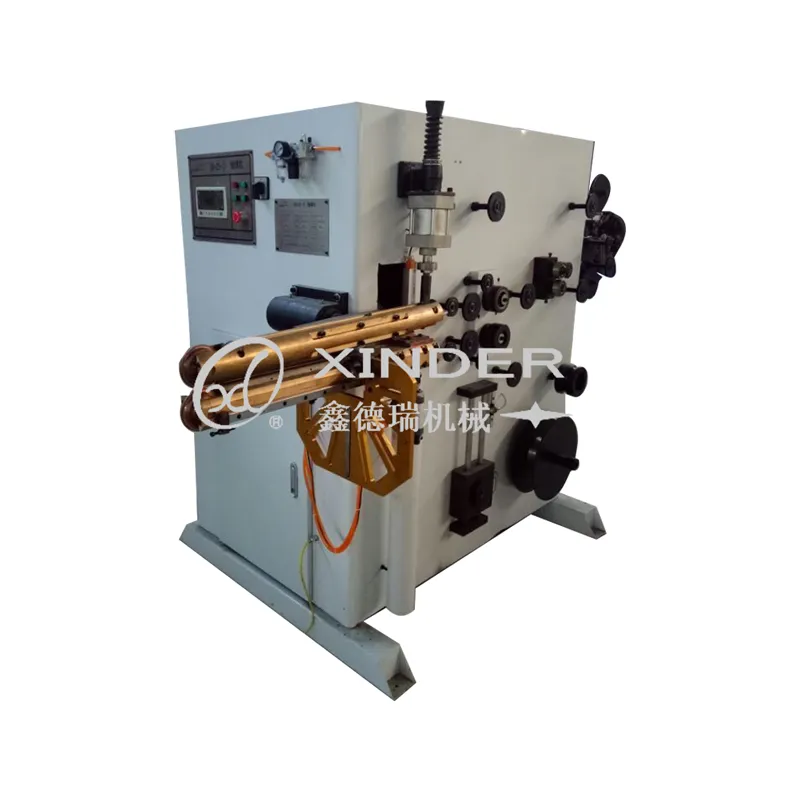-
 8613931787312
8613931787312 -
 Botou Industrial Zone on the east side of National Highway 104, Botou City, Hebei Province
Botou Industrial Zone on the east side of National Highway 104, Botou City, Hebei Province
- Afrikaans
- Albanian
- Amharic
- Arabic
- Armenian
- Azerbaijani
- Basque
- Belarusian
- Bengali
- Bosnian
- Bulgarian
- Catalan
- Cebuano
- Corsican
- Croatian
- Czech
- Danish
- Dutch
- English
- Esperanto
- Estonian
- Finnish
- French
- Frisian
- Galician
- Georgian
- German
- Greek
- Gujarati
- haitian_creole
- hausa
- hawaiian
- Hebrew
- Hindi
- Miao
- Hungarian
- Icelandic
- igbo
- Indonesian
- irish
- Italian
- Japanese
- Javanese
- Kannada
- kazakh
- Khmer
- Rwandese
- Korean
- Kurdish
- Kyrgyz
- Lao
- Latin
- Latvian
- Lithuanian
- Luxembourgish
- Macedonian
- Malgashi
- Malay
- Malayalam
- Maltese
- Maori
- Marathi
- Mongolian
- Myanmar
- Nepali
- Norwegian
- Norwegian
- Occitan
- Pashto
- Persian
- Polish
- Portuguese
- Punjabi
- Romanian
- Russian
- Samoan
- scottish-gaelic
- Serbian
- Sesotho
- Shona
- Sindhi
- Sinhala
- Slovak
- Slovenian
- Somali
- Spanish
- Sundanese
- Swahili
- Swedish
- Tagalog
- Tajik
- Tamil
- Tatar
- Telugu
- Thai
- Turkish
- Turkmen
- Ukrainian
- Urdu
- Uighur
- Uzbek
- Vietnamese
- Welsh
- Bantu
- Yiddish
- Yoruba
- Zulu
Precision Rolling Pipe Bending Machine Steel & Shutter Solutions
- Introduction to Rolling Pipe Bending Machines
- Technological Advancements in Metal Fabrication
- Key Features of Modern Steel Pipe Rolling Machines
- Comparative Analysis of Leading Manufacturers
- Custom Solutions for Diverse Industrial Needs
- Real-World Applications in Construction and Manufacturing
- Future Trends in Rolling Shutter Making Machines

(rolling pipe bending machine)
Introduction to Rolling Pipe Bending Machines
Rolling pipe bending machines have revolutionized metal fabrication by enabling precise, high-speed shaping of steel pipes and tubes. These machines combine hydraulic power with CNC controls to achieve bending radii as tight as 1.5D while maintaining ±0.1mm accuracy. Industries such as automotive, aerospace, and construction rely on them to process materials ranging from stainless steel (Grade 304/316) to aluminum alloys (6061-T6).
Technological Advancements in Metal Fabrication
Modern steel pipe rolling machines integrate IoT-enabled sensors and AI-driven predictive maintenance systems. For instance, the latest models reduce energy consumption by 22% through variable-frequency drives and achieve 15% faster cycle times via optimized servo motors. Real-time monitoring reduces material waste by 8-12%, significantly lowering operational costs for large-scale projects.
Key Features of Modern Steel Pipe Rolling Machines
Critical specifications include:
- Bending capacity: 10mm to 500mm diameter
- Maximum torque: 12,000 Nm
- Programmable memory slots: 50+ profiles
- Automatic tool change systems: 8-12 tools
Comparative Analysis of Leading Manufacturers
| Brand | Bending Accuracy | Max Speed | Warranty | Price Range |
|---|---|---|---|---|
| Company A | ±0.08mm | 15 cycles/min | 5 years | $85,000-$120k |
| Company B | ±0.12mm | 12 cycles/min | 3 years | $62,000-$95k |
| Company C | ±0.15mm | 10 cycles/min | 2 years | $48,000-$78k |
Custom Solutions for Diverse Industrial Needs
Specialized rolling shutter making machines now offer modular designs for producing shutters with 32mm to 120mm slat widths. Customizable options include:
- Dual-mode operation (manual/automated)
- Anti-jamming algorithms for coiled materials
- UV-resistant coating systems
Real-World Applications in Construction and Manufacturing
A recent shipbuilding project utilized CNC rolling pipe bending machine
s to create 2,500+ complex hydraulic conduits with 99.3% dimensional compliance. In architectural applications, steel pipe rolling machines reduced installation time for structural frameworks by 40% compared to traditional welding methods.
Future Trends in Rolling Shutter Making Machines
The next generation of rolling pipe bending machines will incorporate augmented reality (AR) for operator guidance and blockchain-based quality tracking. Prototypes already demonstrate 30% faster setup times through automated profile recognition, while hybrid energy systems cut carbon emissions by 18-25% per production cycle.

(rolling pipe bending machine)
FAQS on rolling pipe bending machine
Q: What is a rolling pipe bending machine used for?
A: A rolling pipe bending machine is designed to bend metal pipes and tubes into precise curves or angles. It is commonly used in construction, automotive, and HVAC industries. The machine ensures consistent results with minimal material deformation.
Q: Can a steel pipe rolling machine handle different pipe diameters?
A: Yes, most steel pipe rolling machines come with adjustable rollers to accommodate various diameters. Always check the machine’s capacity specifications before use. Proper adjustments ensure optimal performance and avoid material damage.
Q: How does a rolling shutter making machine work?
A: A rolling shutter making machine forms metal coils into shutter slats and assembles them into finished products. It automates cutting, rolling, and punching processes. This ensures high-speed production of durable and customizable shutters.
Q: What materials can a rolling pipe bending machine process?
A: These machines typically work with steel, stainless steel, aluminum, and copper pipes. Material thickness and ductility affect bending precision. Always verify compatibility with the machine’s technical specifications.
Q: What safety features are essential for operating a steel pipe rolling machine?
A: Key safety features include emergency stop buttons, protective guards, and overload protection. Operators should wear PPE and follow manufacturer guidelines. Regular maintenance reduces risks of mechanical failures.
-
Understanding Automatic Seam Welding Machines: A Game Changer in Welding TechnologyNewsJul.18,2025
-
Revolutionizing Packaging: The Role of Welding Machines in Steel and Tin Can ManufacturingNewsJul.18,2025
-
Precision in Motion: Exploring Seam Welding Machines for Industrial FabricationNewsJul.18,2025
-
Mastering Precision Bending: A Guide to Tube Benders and Their TypesNewsJul.18,2025
-
Inside the World of Barrel Manufacturing: Machines, Lines, and CostsNewsJul.18,2025
-
Exploring the Technology Behind Elbow Bending Machines in Pipe ManufacturingNewsJul.18,2025
-
Unlocking the Power of Light: Exploring Modern Laser Welding SolutionsNewsJul.15,2025
-
 Pneumatic Handle Welding MachineSep . 13, 2024
Pneumatic Handle Welding MachineSep . 13, 2024 -
 Fully Automatic Kaiping Production LineOct . 17, 2024
Fully Automatic Kaiping Production LineOct . 17, 2024 -
 Fully Automatic Metal Bucket Lifting HeadphonesSep . 14, 2024
Fully Automatic Metal Bucket Lifting HeadphonesSep . 14, 2024

